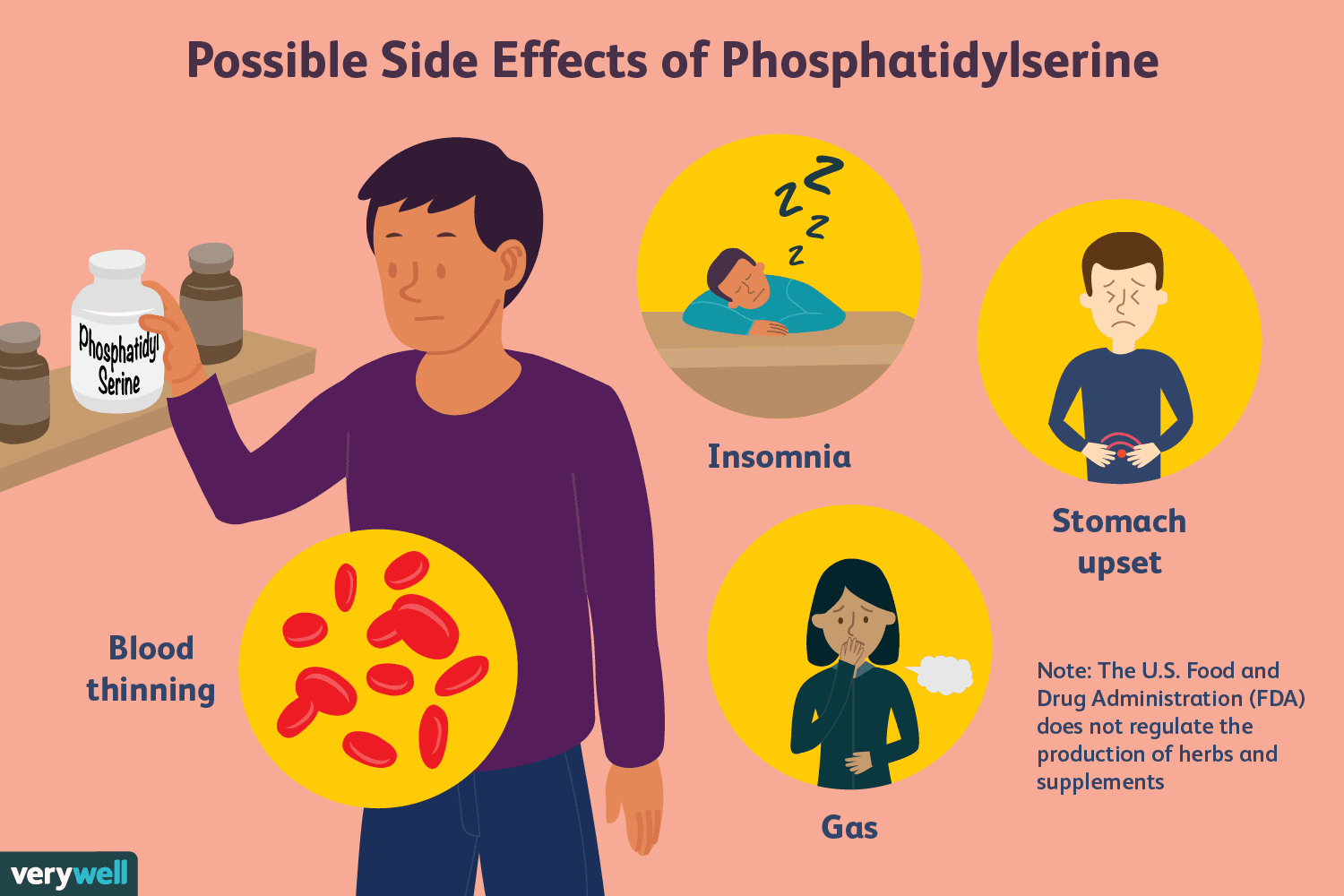ホスファチジルセリン (追記) は、脳の健康と認知機能に重要な役割を果たす天然由来のリン脂質である。脳内に高濃度で存在し、神経細胞の構造とシグナル伝達をサポートする。より詳しい臨床情報については クリーブランド・クリニック案内.
ホスファチジルセリンの主な利点
1.認知機能の強化
ホスファチジルセリンは、特に認知機能が低下している高齢者の記憶力、集中力、学習能力を向上させる可能性がある。また、軽度のアルツハイマー病の症状の改善にも効果があるとする証拠もある。
2.ADHDサポート
予備的な研究では、PSは、特にオメガ3脂肪酸と併用した場合に、ADHDの子どもの衝動性や多動性を抑えるのに役立つ可能性があることが示されている。
3.ストレスと気分の調節
PSは、身体の主要なストレスホルモンであるコルチゾールを調整するのに役立つ。その結果、気分が改善され、不安やうつの症状が軽減される可能性がある。
4.アスレチック・リカバリー
ホスファチジルセリンは、運動後の筋肉痛を軽減し、肉体的ストレスで急増するコルチゾールレベルを管理することで、アスリートの回復を早めるのに役立つ可能性がある。
5.神経保護
PSが脳細胞を変性から守り、パーキンソン病やアルツハイマー病のような神経変性疾患のリスクを下げる可能性を示唆する研究もある。
ホスファチジルセリンの天然供給源
- 大豆
- サバとニシン
- 内臓肉(レバー、腎臓)
- 白いんげん豆
投与ガイドライン
一般的な用量は1日100~300mgで、2~3回に分けて服用することが多い。臨床試験では、短期間であれば1日400mgまで安全に使用されている。適切な使用法については、以下を参照のこと。 WebMDの記事.
副作用とリスク
ホスファチジルセリンは一般的に安全だが、人によっては経験することがある:
- 不眠症
- 胃の不快感
- 薬との相互作用の可能性(抗凝固薬、抗うつ薬、アルツハイマー病治療薬)
PSサプリメントを始める前に、かかりつけの医師にご相談ください。
ホスファチジルセリン は、脳の健康、ストレスの調整、運動能力の回復に有望な効果を示す。魔法の薬ではないが、バランスの取れた食事や医学的なアドバイスと並行して、日常生活に意識的に取り入れることで、長期的に顕著な効果が得られる可能性がある。

